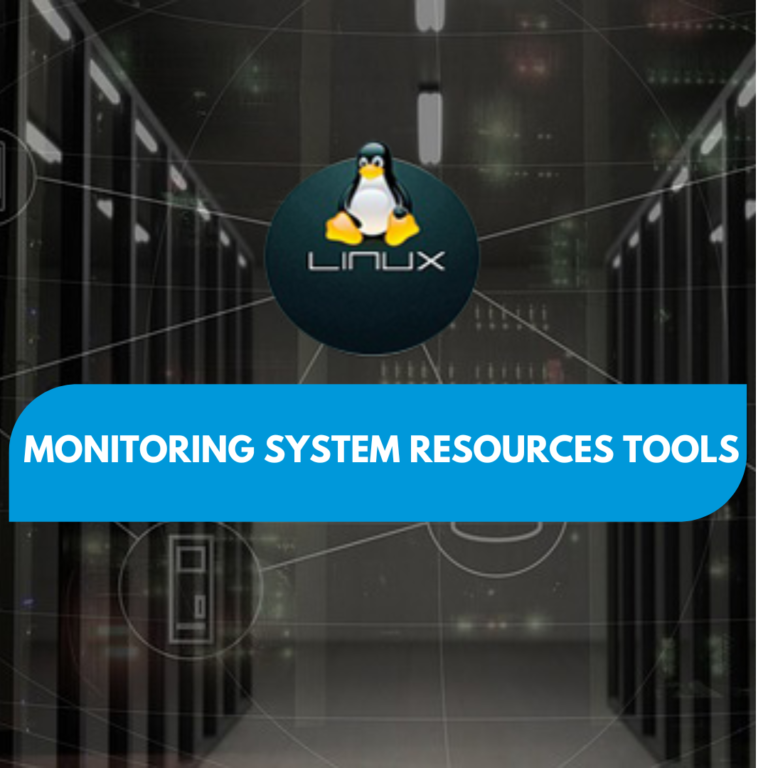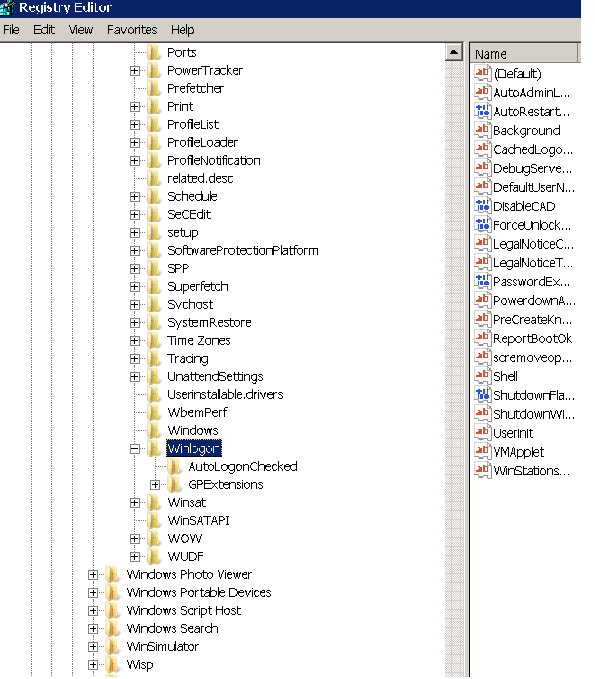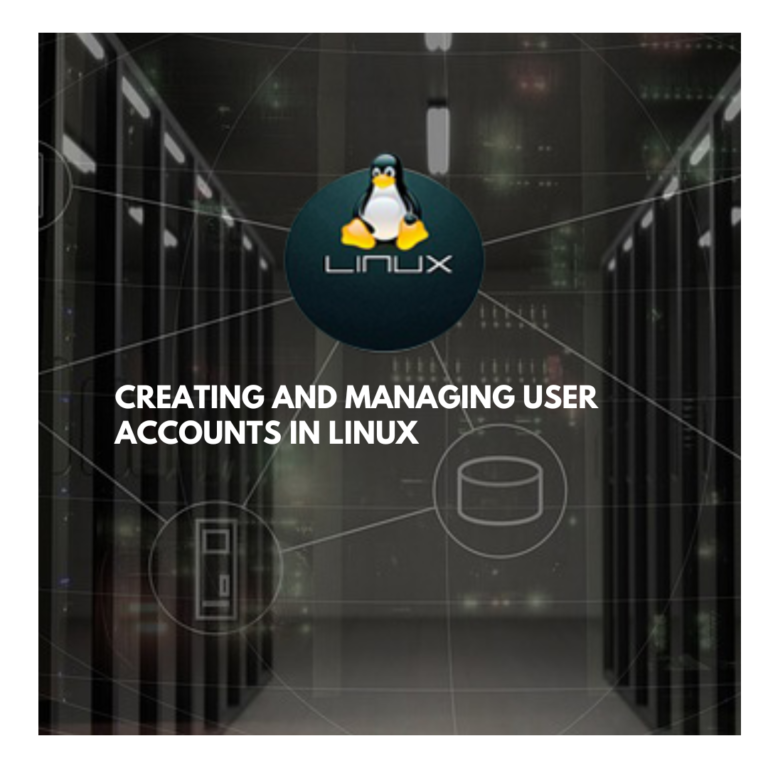Using Linux for programming and development
Linux is a popular choice for programming and development because of its flexibility, security, and the availability of a wide range of open-source tools and frameworks. In this tutorial, we’ll cover some of the ways you can use Linux for programming and development.
Choosing a Distribution
The first step in using Linux for programming and development is to choose a distribution that meets your needs. Some popular Linux distributions for programming and development include Ubuntu, Fedora, Debian, and Arch Linux.
Installing Development Tools
Once you have chosen a Linux distribution, you’ll want to install the development tools and frameworks you need for your work. Many Linux distributions come with a package manager that makes it easy to install software and development tools.
For example, on Ubuntu, you can use the following command to install the build-essential package, which includes essential development tools like the GNU Compiler Collection (GCC):
sudo apt-get install build-essential
Other popular development tools and frameworks that you might want to install include:
- Git: a popular version control system for software development
- Python: a popular programming language for data analysis and web development
- Node.js: a JavaScript runtime for building scalable web applications
- Ruby: a dynamic, object-oriented programming language
- Java: a popular programming language for building enterprise applications
- Docker: a containerization platform for building, shipping, and running applications
Integrated Development Environments (IDEs)
Many programmers and developers prefer to use an integrated development environment (IDE) for their work. An IDE is a software application that provides a comprehensive environment for software development, including a code editor, debugger, build automation tools, and more.
Some popular IDEs for Linux include:
- Visual Studio Code: a popular open-source code editor developed by Microsoft
- Eclipse: a popular open-source IDE for Java development
- PyCharm: an IDE for Python development
- Atom: a customizable code editor developed by GitHub
Command Line Tools
Finally, many programmers and developers prefer to work with command line tools and editors for their work. Some popular command line tools and editors for Linux include:
- Vim: a highly customizable text editor that can be used for coding, writing, and more
- Emacs: a highly extensible text editor that can be customized using plugins and scripts
- Bash: a popular command shell for Linux that can be used for automation, scripting, and more
By choosing a Linux distribution, installing development tools and frameworks, and using an IDE or command line tools, you can harness the power and flexibility of Linux for programming and development.
Here are some additional tips for using Linux for programming and development:
- Use Virtual Environments: When developing with programming languages like Python, it’s a good practice to use virtual environments to keep project dependencies separate. This can help prevent version conflicts and ensure consistency between development and production environments. Tools like virtualenv and Conda can be used to create and manage virtual environments.
- Customize Your Environment: Linux is highly customizable, so take advantage of that to create an environment that works best for you. This might include customizing your shell prompt, creating aliases for commonly used commands, or configuring your editor with plugins or custom settings.
- Use Package Managers: Package managers like apt, yum, and pacman make it easy to install and manage software and dependencies. Take advantage of these tools to keep your development environment up to date and consistent.
- Collaborate with Git: Git is a popular version control system for software development, and it integrates well with Linux. Use Git to collaborate with other developers, track changes to your code, and manage releases.
- Monitor Performance: Linux provides powerful tools for monitoring system performance, including CPU usage, memory usage, and disk I/O. Use tools like top, htop, and iostat to monitor system performance while developing and testing your applications.
By following these tips, you can make the most of Linux for programming and development, and create a powerful and flexible development environment that meets your needs.






